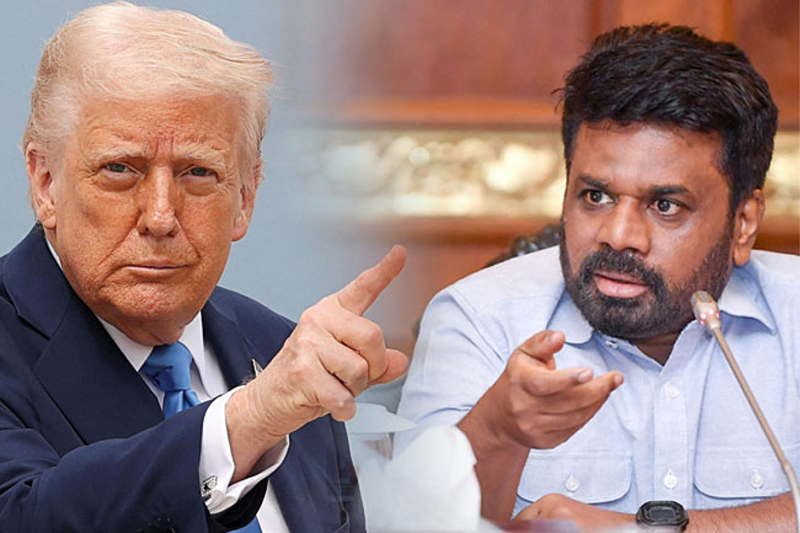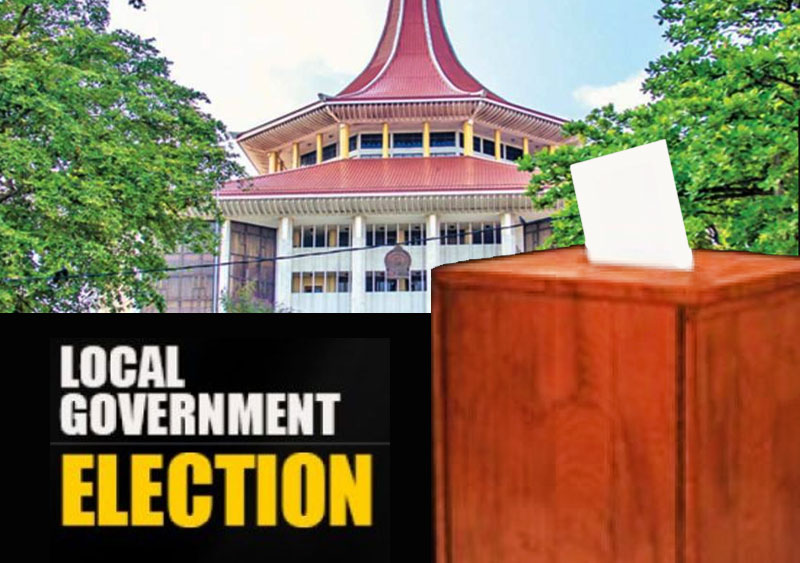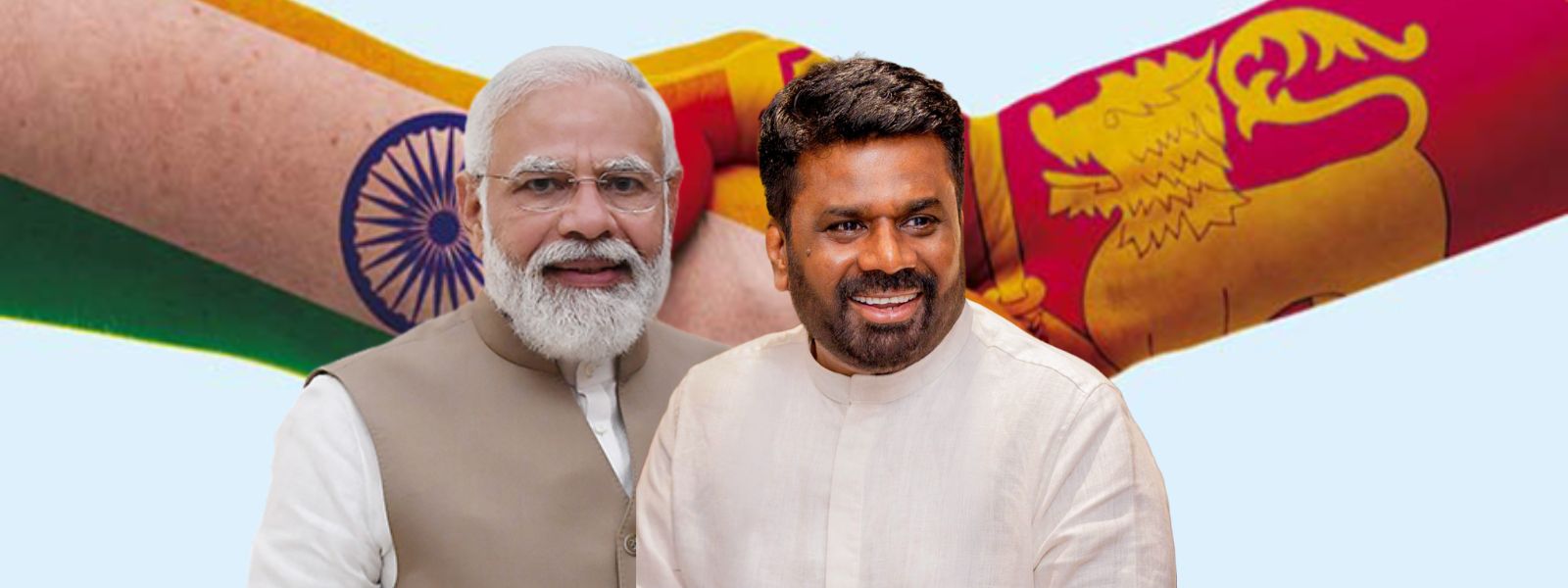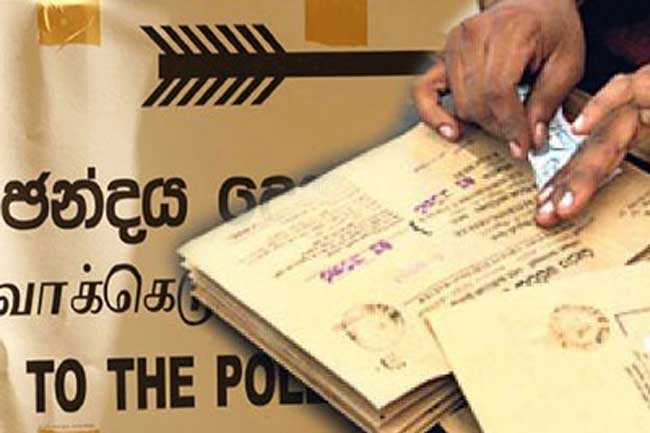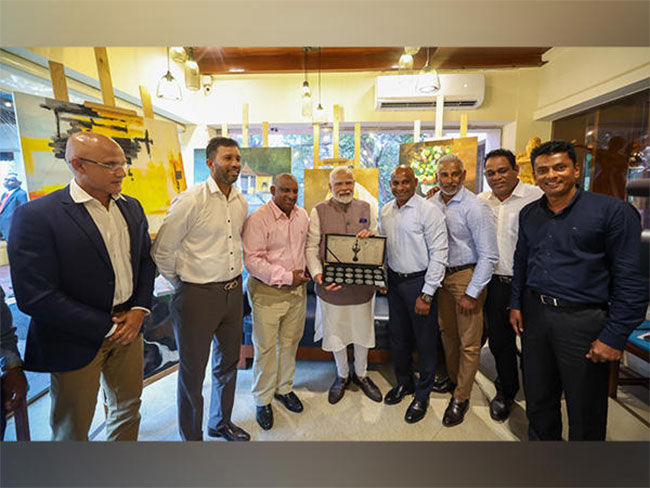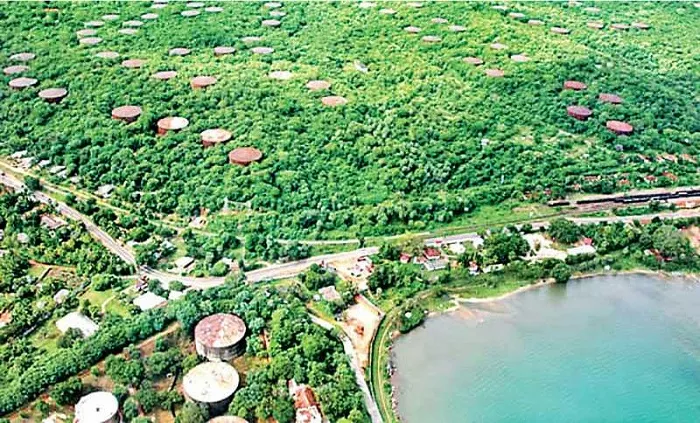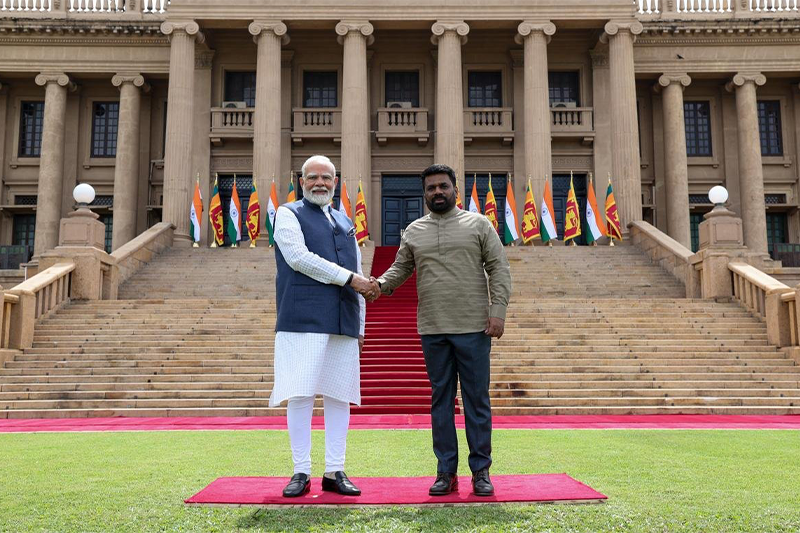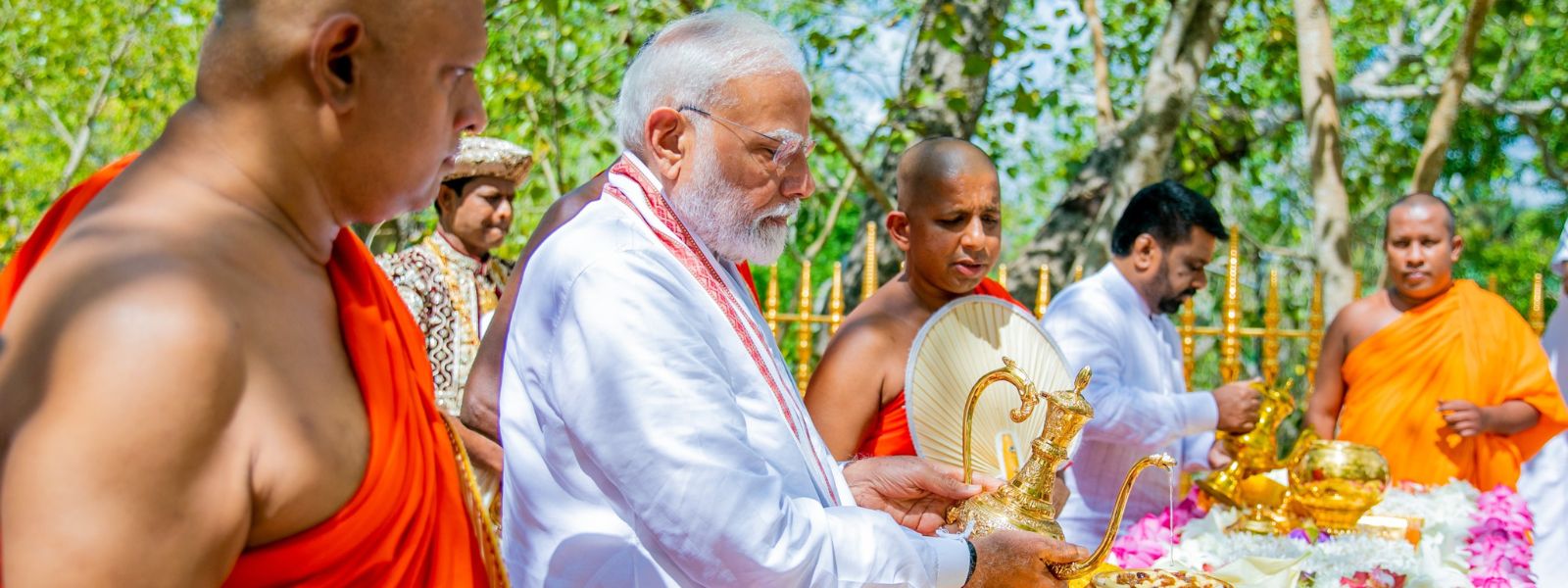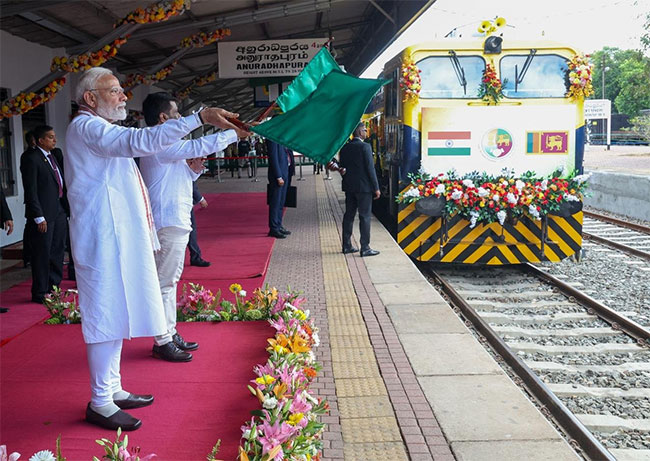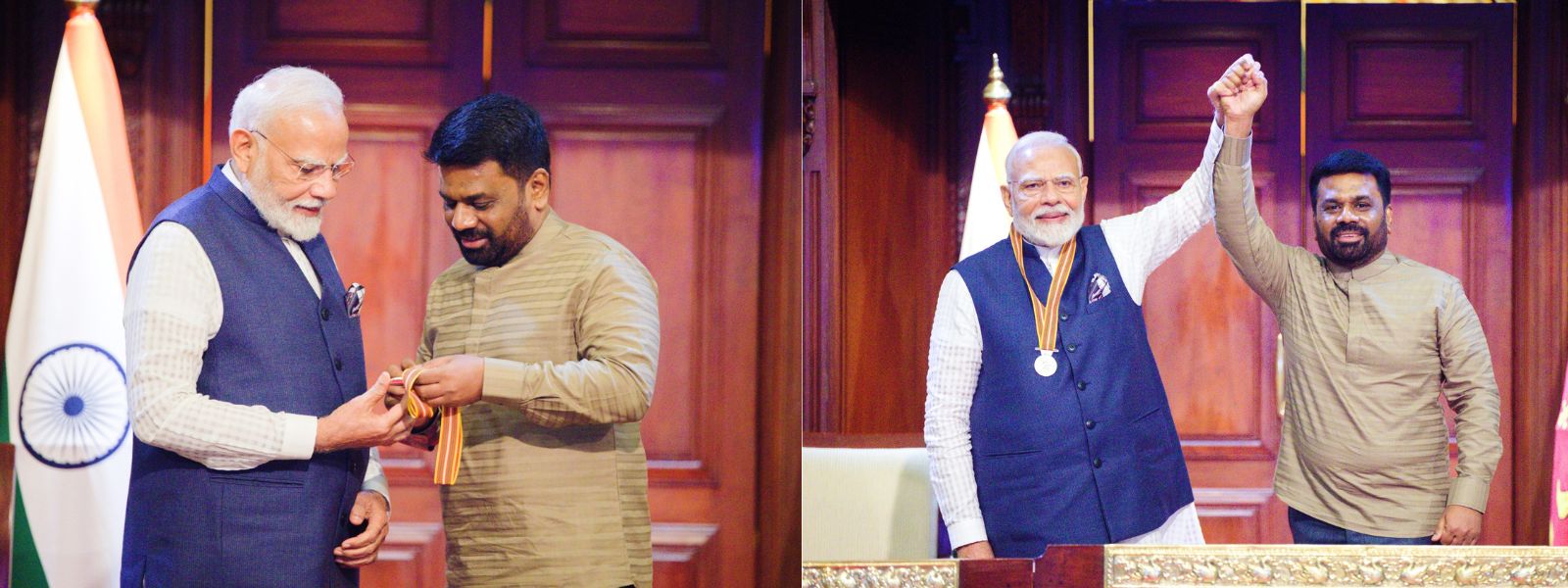During his recent visit to Sri Lanka, Prime Minister Narendra Modi met with the island country’s 1996 World Cup-winning cricketers, including Sanath Jayasuriya and Aravinda de Silva and recalled India’s 1996 tour amid unrest as a symbol of strong ties between the two countries.
During the interaction he praised the cricketers and recalled when Team India extended a helping hand to the nation that was rocked by bomb blasts just days ahead of the tournament which it was co-hosting with India and Pakistan.
The cricketers thanked India for support during Sri Lanka’s economic crisis and requested help developing a stadium in Jaffna.
The video of the interaction from Saturday was released on the YouTube channel of the Prime Minister’s Office today.
Cricketer Jayasuriya said, “When we had unrest, problems in Sri Lanka, you and the government helped us a lot. We are always grateful to you for helping Sri Lanka.
Jayasuriya, who is also the current Sri Lanka head coach, requested PM Modi to support Sri Lanka in its aim of bringing international cricket matches to Jaffna by building an international-level stadium.
“As the coach of Sri Lanka, at the moment we play all over Sri Lanka except Jaffna. If India can help us to bring international ground in Jaffna, there will be a big help for the people in Jaffna North and Eastern parts…I have a small request, if this can be done?…”
PM Modi reaffirmed India’s “Neighbourhood First” policy and cited aid to Myanmar as a recent example.
PM Modi said, “India has always believed in the ‘Neighbourhood First’ policy. We always want to respond to the crisis of our neighbouring countries. In the recent earthquakes in Myanmar, we were the first respondents. During the crisis in Sri Lanka, we ensured that the country should come out of it, and we tried our best to do that…You (Sanath Jayasuriya) spoke about Jaffna that international matches should be played in Jaffna is a very strong thought and I assure you that my team will try to do everything possible for it…”
In January 1996, Sri Lanka was rocked by bomb blasts at the Central Bank. Due to this, Australia and West Indies refused to send their teams to Sri Lanka due to security reasons. However, in a great show of solidarity, sportsman spirit and brotherhood, India and Pakistan, two arch-rivals, sent a joint team led by Indian star Mohammad Azharuddin to play a friendly match against Sri Lanka in February ahead of the marquee tournament.
The team featured several Indian stars like Azhar himself, alongside Sachin Tendulkar, Ajay Jadeja, Anil Kumble and Aashish Rakesh Kapoor. From Pakistan, came stars like Saeed Anwar, Aamir Sohail, Ijaz Ahmed, Rashid Latif, Waqar Younis and Wasim Akram.
However, West Indies and Australia did not turn up at all, giving Sri Lanka free points via walkover that made them the sole undefeated team in Group A and sent them straight to knockouts.
In a one-sided semifinal which was interrupted by rioting and arson by angry fans, Sri Lanka defeated India at Eden Gardens by “default” and marched to the final, where they defeated Australia by seven wickets in Lahore to capture their maiden World Cup title, paving the way for the rise of the Island nation as a cricketing superpower, which gave the sport icons like Kumar Sangakkara, Sanath Jayasuriya, Muttiah Muralitharan, Chaminda Vaas etc in years to come.
Speaking about the bomb blast and its aftermath in the video, ex-Sri Lanka batter Marvan Attapattu said to PM Modi, “One of the reasons why won, there were two teams (Australia and West Indies) which did not come due to bomb blast. India sent a team here, to show the world the safety of the place. That is one of the reasons we won.”
In his reply, PM Modi recalled how the gesture of Indian team was appreciated in the sports fraternity, particularly in Sri Lanka.
“When other teams were scared and running, India showed Sri Lanka “kheldilli” and did not leave Sri Lanka alone. There was a lot of sportsman spirit. On one side, there was a bomb blast and on the other, was India’s sportsman spirit. It was sportsman spirit which prevailed over bomb blast,” he added.
PM Modi also recalled that after another terrorist attack in Sri Lanka in 2019 during Easter, he was the first world leader to visit the nation in the aftermath of the attack.
“I also remember the Indian team came to Sri Lanka (for the 2021 series) after the attack as well. That spirit (of being together for neighbours) has continued. India is with Sri Lanka in its days of happiness and sorrow both,” the Prime Minister said.
PM Modi also hailed Sri Lankan team’s aggressive performances during the 1996 World Cup, particularly those of their opening pair of Sanath Jayasuriya and Romesh Kaluwitharana, who are often hailed as pioneers of attacking batting in ODI cricket.
“When India won the World Cup in 1983 and you won in 1996, your wins changed the world cricket. If T20 was born, it was in 1996 during your matches and your methods. You are a team that the Indians still remember. They have not forgotten the bashing you gave them,” the Prime Minister said about the Sri Lankan team.
Jayasuriya thanked PM Modi for always helping Sri Lanka when in need and also told PM about his time in the Indian Premier League (IPL), playing for Mumbai Indians (MI) from 2008-11. His 2008 season with MI was a brilliant one, scoring 514 runs in 14 matches at an average of 42.83 and a stunning strike rate of 166.34, with a century and two fifties. He also took four wickets.
To this, PM Modi assured Sri Lanka of all possible help in its various endeavours.
Aravinda da Silva, who scored a match-winning century for Sri Lanka in the 1996 WC final, also told PM the class of 1996 is still involved with cricket in some way or the other. “They are in more pressure now than they used to during finals,” he added.
Kumar Dharmasena, the member of the World Cup-winning team who took up umpiring following his retirement, said that umpiring in Ahmedabad’s Narendra Modi Stadium, the biggest in the world was a great experience.
“Everyone loves to umpire there,” he added.
Romesh also said, “First tour (to India was in 1990) and I came to India recently. Those memories are always there. We regularly visit India. Whenever SL is in crisis financially, India always steps up and supports. Thank you. India is our brother.”
Over the years, India-Sri Lanka cricketing ties have grown stronger, with both nations facing each other in numerous bilateral series and major ICC tournament clashes, including the 2011 ICC Cricket World Cup final in Mumbai and the 2014 ICC T20 World Cup final in Bangladesh–won by India and Sri Lanka, respectively.
Notably, both countries will be co-hosting next year’s ICC T20 World Cup, with Men in Blue defending their second title.
Source: ANI


